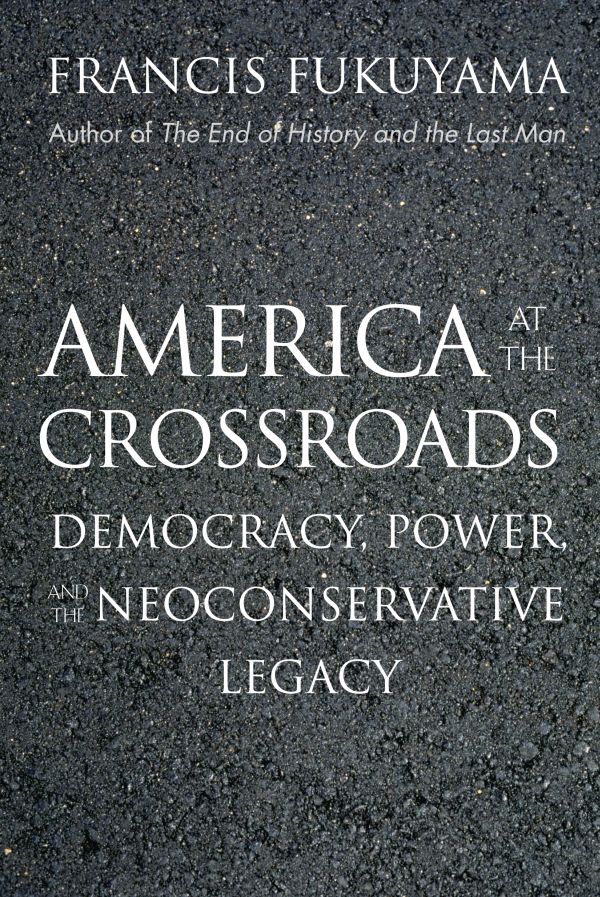Remember “We’ll be greeted as liberators“? How ’bout “I think they’re in the last throes…of the insurgency“? As the administration reaps the dividends of a severe credibility gap on Iraq, Dubya ventures forth once again to tell the nation about all the progress we’re just not seeing over there. “‘I understand people being disheartened when they turn on their TV screen,’ Bush said, adding that ‘nobody likes beheadings’ and other grim images.”
Category: Dubya Diplomacy
Blue Monday.
He’s a uniter, not a divider…Watch America turn blue (once again) with contempt over the ineptitude and dishonesty of the Dubya administration, from month to month. (Via Medley.)
Iraq, Year Four.
“If this is not civil war, then God knows what civil war is.” As the war in Iraq enters its fourth year (US casualities) and civil war appears increasingly likely on the ground, Dubya and Cheney trod out the same stale talking points we’ve been hearing since “Mission Accomplished” (while Rummy attempts variations on a theme.) Update: Slate‘s Fred Kaplan surveys the mistakes.
“An Unbelievable Mess.”
“We may have been seduced into something we might be inclined to regret. Is strategic failure a possibility? The answer has to be ‘yes.'” Several internal Downing Street memos, recently obtained by the Guardian, suggest that our British allies have been wary of US mismanagement in Iraq since at least 2003, when Baghdad envoy John Sawers called the US post-invasion operation “an unbelievable mess.” (By way of Dateline: Bristol.)
Iran runs from Dubya.
“‘It seems to me the United States is not studying the history of Iran very carefully,’ Pourostad said. ‘Whenever they came and supported an idea publicly, the public has done the opposite.‘” As Fred Kaplan pointed out several weeks ago (and as indicated by the results of the last Iranian election), many democratic activists in Iran believe that Dubya’s ham-handed approach to promoting reform is backfiring in a big way.
Report Card: Incomplete.
By way of a friend, the State Department releases its mandated yearly human rights report for 2005 (here), finding cause for alarm in Iran, Russia, China, Venezuela, Burma, North Korea, Belarus and Zimbabwe and (surprise, surprise) progress in Iraq and Afghanistan. The report doesn’t delve into human rights violations here at home (although China tries to fill that gap in response every year), but it does unequivocally state — in bold, no less — that “countries in which power is concentrated in the hands of unaccountable rulers tend to be the world’s most systematic human rights violators.” Hey y’all might be on to something. Deadpans the head of Amnesty International: “The Bush administration’s practice of transferring detainees in the ‘war on terror’ to countries cited by the State Department for their appalling human rights records actually turns the report into a manual for the outsourcing of torture.”
You like the rug?
“For whatever reason, Bush seems fixated on his rug. Virtually all visitors to the Oval Office find him regaling them about how it was chosen and what it represents. Turns out, he always says, the first decision any president makes is what carpet he wants in his office…Sometimes Bush describes it as a metaphor for leadership. Sometimes he relates how Russian President Vladimir Putin admired the carpet. Sometimes he seems most taken by the lighting qualities.” Ah, the glory days…I guess it was only after that tough second decision — the drapes, maybe? — that the job started getting to Dubya.
Blue in the Face.
 Given Dubya’s recent dismal poll position, the NYT‘s David Kirkpatrick assesses the prospects of the Bush second-term agenda in the wake of his incipient lame-duckness.
Given Dubya’s recent dismal poll position, the NYT‘s David Kirkpatrick assesses the prospects of the Bush second-term agenda in the wake of his incipient lame-duckness.
Used to be my homies.
 “While he remains sympathetic to the democracy-spreading mission, Fukuyama castigates the unilateral and militaristic turns that gave us such concepts as ‘preventive war,’ ‘benevolent hegemony,’ and ‘regime change.’ Neoconservatives, he contends, have abandoned their fundamental political insight, namely that ambitious schemes to remake societies are doomed to disappointment, failure, and unintended consequences. ‘Opposition to utopian social engineering,’ Fukuyama writes ‘…is the most enduring thread running through the movement.’ Yet neoconservatives today are bogged down in an attempt to remake a poorly understood, catastrophically damaged, and deeply alien semi-country in the Middle East. How did these smart people stray — and lead the country — so far off course?“
“While he remains sympathetic to the democracy-spreading mission, Fukuyama castigates the unilateral and militaristic turns that gave us such concepts as ‘preventive war,’ ‘benevolent hegemony,’ and ‘regime change.’ Neoconservatives, he contends, have abandoned their fundamental political insight, namely that ambitious schemes to remake societies are doomed to disappointment, failure, and unintended consequences. ‘Opposition to utopian social engineering,’ Fukuyama writes ‘…is the most enduring thread running through the movement.’ Yet neoconservatives today are bogged down in an attempt to remake a poorly understood, catastrophically damaged, and deeply alien semi-country in the Middle East. How did these smart people stray — and lead the country — so far off course?“
Um, well, maybe ’cause a lot of ’em read Fukuyama’s The End of History back in the day? Jacob Weisberg reviews Francis Fukuyama’s new book, America at the Crossroads, and, while it’s good to see principled conservatives take this administration’s egregiously inept Iraq policy to task, it’s also hard to believe that the neocons didn’t share Fukuyama’s earlier contention going in that “the universalization of Western liberal democracy as the final form of human government” was both an historical inevitability and in full flourish. Fukuyama can play the aggrieved realist now, but that’s definitely not how he made a name for himself.
And the War Came?
“Grisly attacks and other sectarian violence unleashed by last week’s bombing of a Shiite Muslim shrine have killed more than 1,300 Iraqis, making the past few days the deadliest of the war outside of major U.S. offensives, according to Baghdad’s main morgue.” While the Iraqi cabinet disputes the 1300 figure as “inaccurate and exaggerated,” the news from Baghdad is still tragic and horrifying: After the bombing of the Golden Mosque last week, Iraq appears to be in freefall, with 68 more casualties just today, and civil war looms. Dubya’s response so far: Civil war won’t happen, and, if it does, it’s y’all’s problem.

